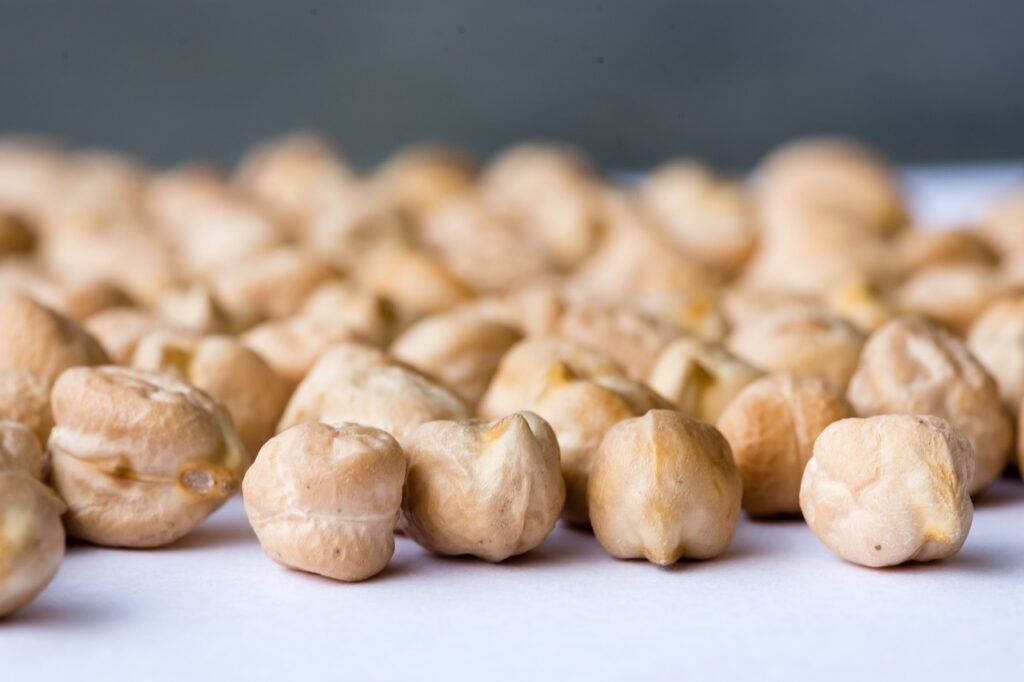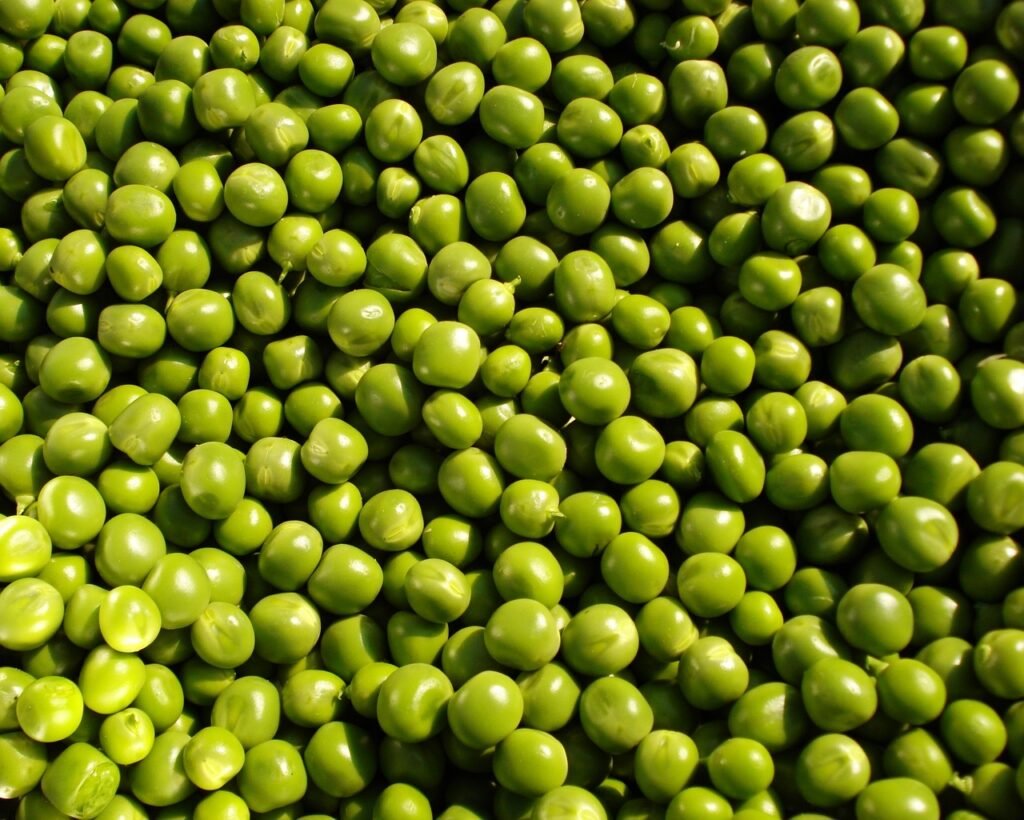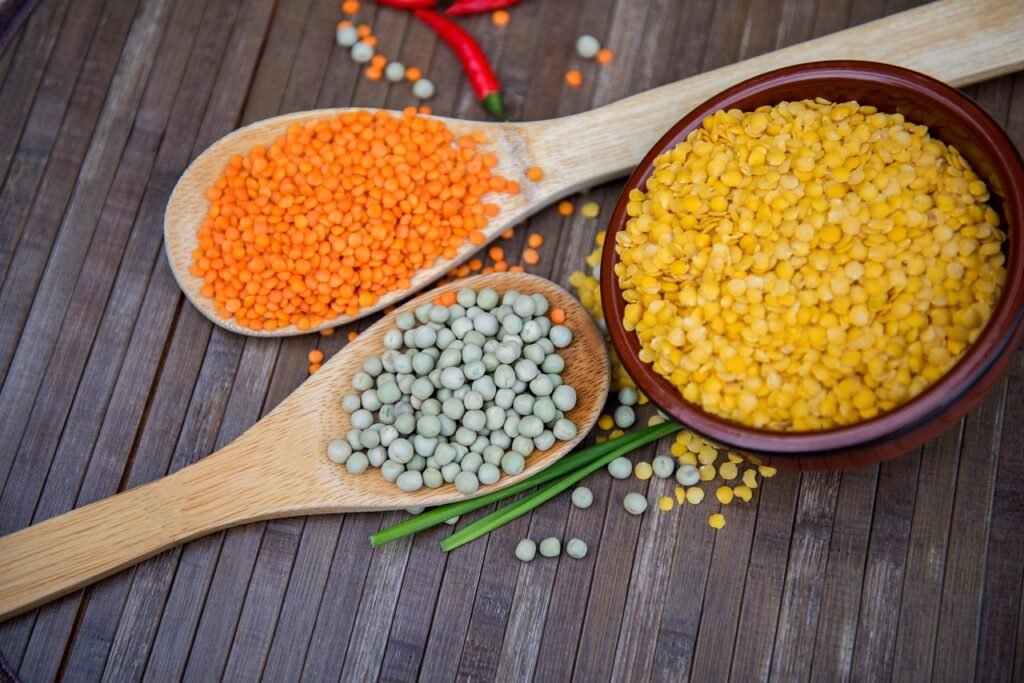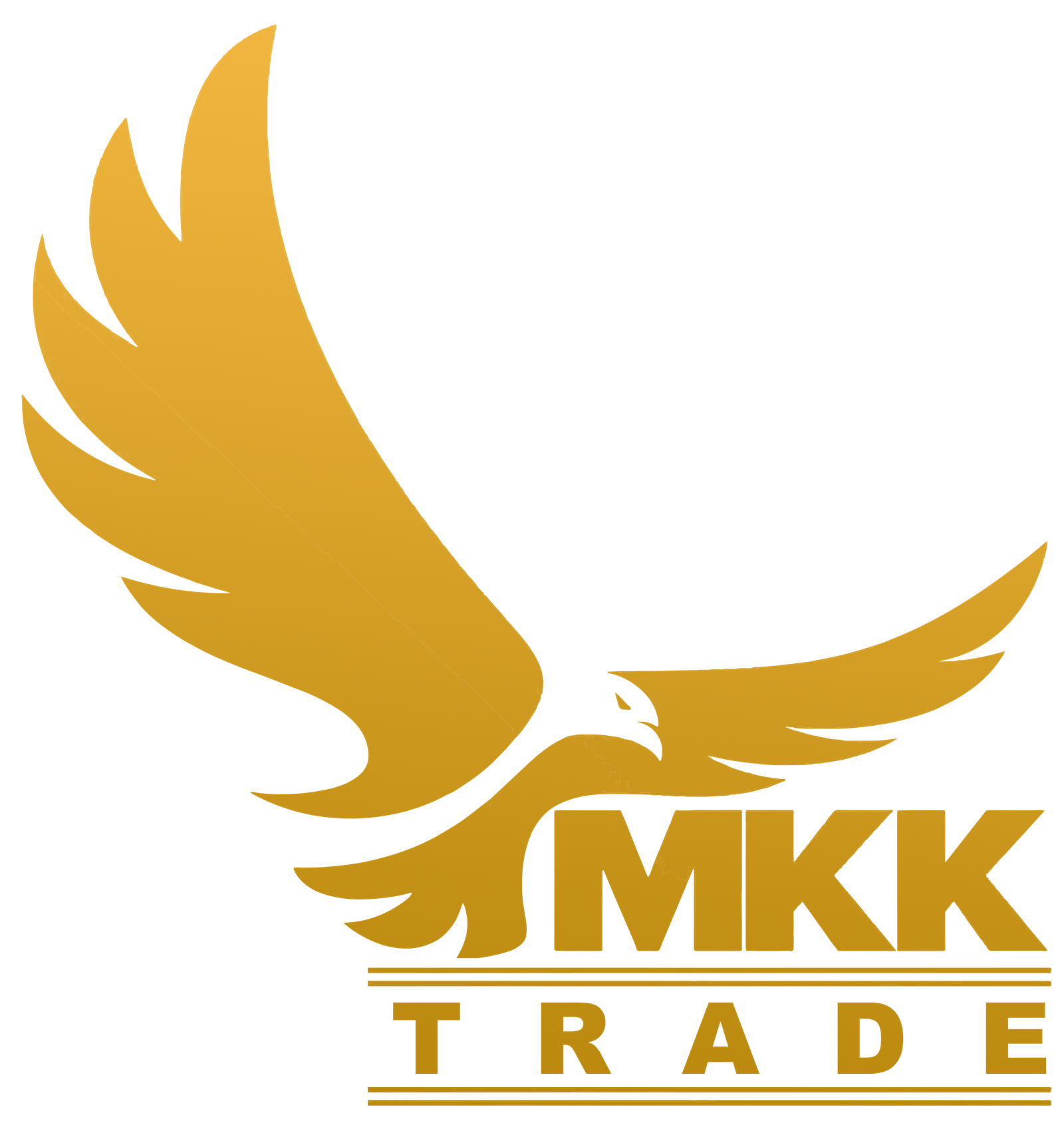Office #207-2nd Floor-ZALFA BUILDING-NEAR Jumeirah Creekside Hotel-Garhoud -Dubai UAE
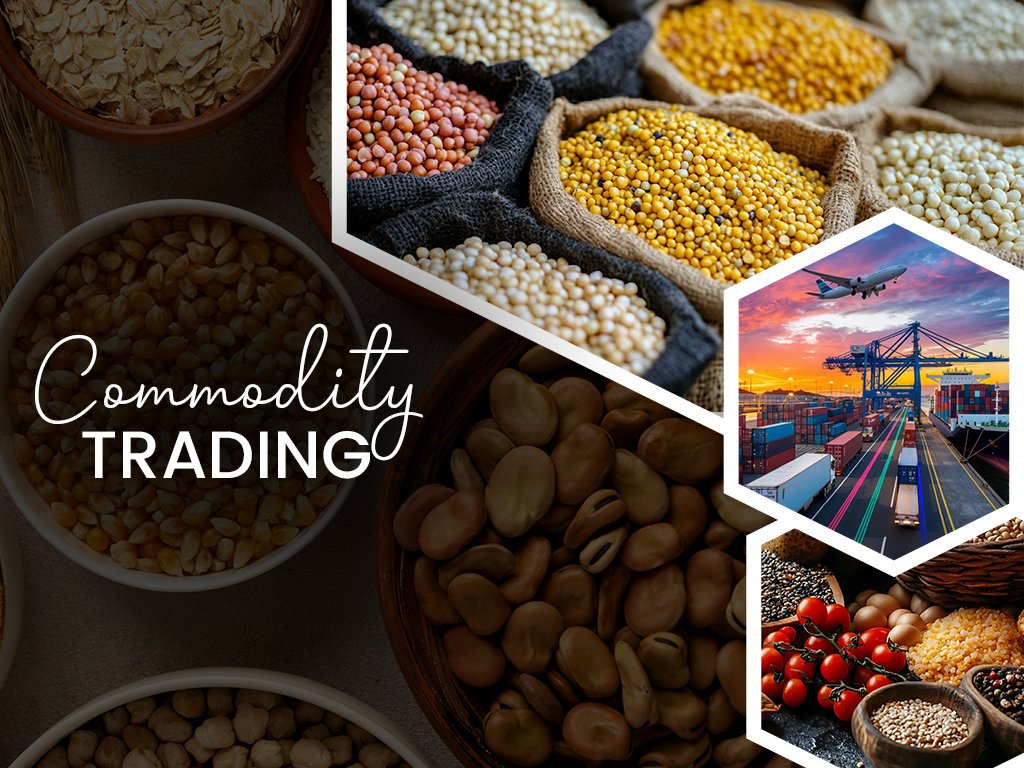
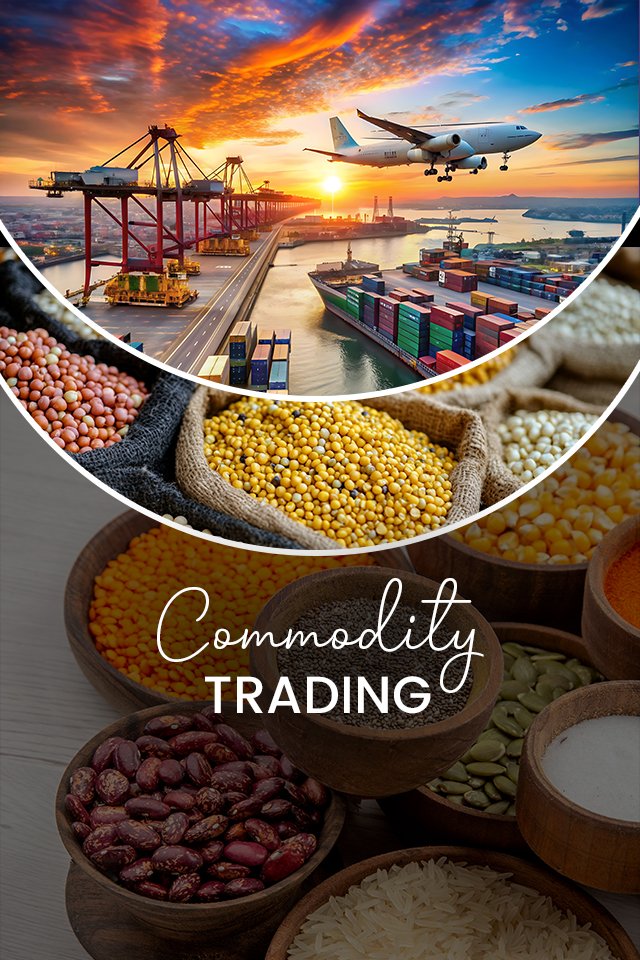
Global Expertise in Commodity Trading Solutions
At MKK Trade, our Commodity Trading division provides a robust platform for trading essential commodities across multiple sectors. We leverage our global network and industry expertise to offer a diverse range of high-quality commodities, ensuring smooth and efficient supply chains for businesses worldwide. Our dedication to transparency, competitive pricing, and reliable sourcing makes us a trusted partner in the commodity trading market.
Fabric Trading
Fabrics that Inspire: MKK Trade's Textile Solutions
Building Materials
Building Strong Foundations with MKK Trade
Foodstuffs
Your Trusted Source for Global Food Products
Fish
Choose your favorite category mauris orci dignissim nisl
Wine
Choose your favorite category mauris orci dignissim nisl
Pizza
Choose your favorite category mauris orci dignissim nisl
Chicken
Choose your favorite category mauris orci dignissim nisl
Burger
Choose your favorite category mauris orci dignissim nisl
Dessert
Choose your favorite category mauris orci dignissim nisl
Starting from
$10
Rice
MKK Trade offers premium-quality rice varieties, including fragrant Basmati for gourmet cooking and versatile non-Basmati options like Sona Masoori and Parboiled rice, suitable for everyday use. We also supply organic and specialty rice to meet health-conscious consumer demands.
Stationery Items
Our range of stationery includes office essentials like pens, notebooks, paper, and writing instruments, alongside desktop tools like staplers and hole punchers. These products are perfect for offices, schools, and retail distribution, offering both quality and affordability.
Other Commodities
In addition to rice and sugar, MKK Trade supplies essential food staples such as flour, pulses, and cooking oils. We also offer household items like cleaning products and tissues, ensuring businesses in retail and hospitality sectors have access to daily essentials.
Efficient Logistics and Delivery
Quality and Consistency
Diverse Product Range
Our tailored solutions and reliable supply chain ensure that you can focus on growing your business while we handle your commodity needs with professionalism and efficiency
Starting from
$6
Why Choose us:
Diverse Product Range
We offer a comprehensive selection of commodities, from food staples like rice and sugar to essential stationery items, allowing you to source all your business needs in one place.
Quality and Consistency
MKK Trade is committed to providing only the highest-quality products. Whether it’s food commodities or office supplies, we ensure that every item meets strict quality standards to maintain customer satisfaction.
Global Sourcing Expertise
Our extensive global network of suppliers ensures consistent availability of products at competitive prices. We work with reputable partners across various industries to bring you the best products, no matter the season or market fluctuations.
Customized Solutions
Quality Assurance
Timely Deliveries
Desserts
Choose your favorite category mauris orci dignissim nisl, id gravida nunc enim quis nibh. Maecenas convallis eros a ante dignissim.
Starting from
$12
Panna cotta$18
Maecenas interdum lorem eleifend orci aliquam mollis.
Chocolate cake$14
Maecenas interdum lorem eleifend orci aliquam mollis.
Fruit and almond tart$25
Maecenas interdum lorem eleifend orci aliquam mollis.
Lemon and almond cake$14
Maecenas interdum lorem eleifend orci aliquam mollis.
Tiramisu$12
Maecenas interdum lorem eleifend orci aliquam mollis.
Chocolate pudding$15
Maecenas interdum lorem eleifend orci aliquam mollis.
Strawberry cheesecake$25
Maecenas interdum lorem eleifend orci aliquam mollis.
Italian ice cream$35
Maecenas interdum lorem eleifend orci aliquam mollis.
